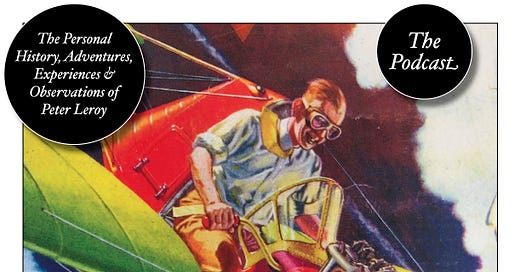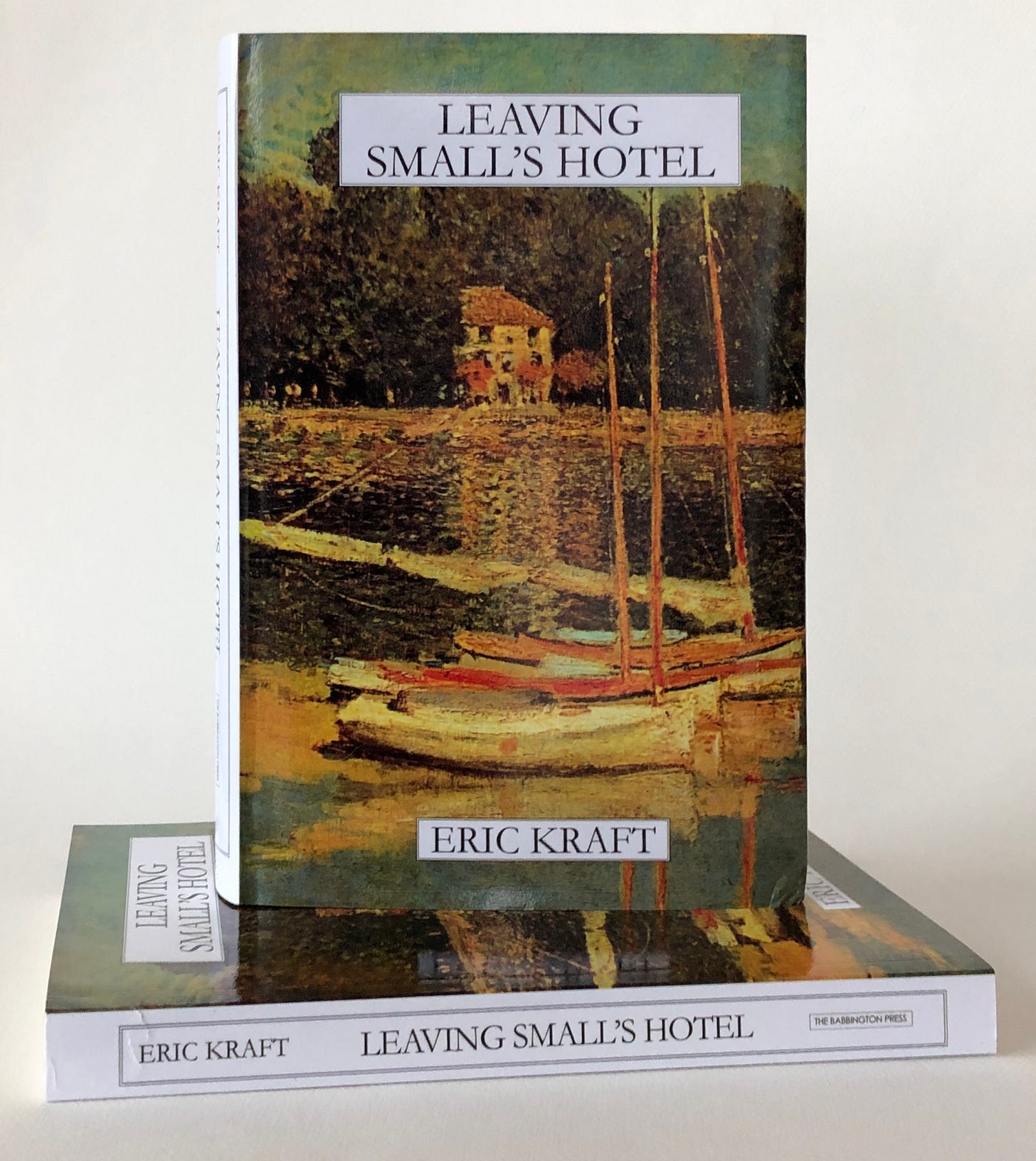I HELD MY HANDS UP to forestall the applause that would probably otherwise have drowned me out and said, “You may be asking yourself, ‘What on earth made those kids think that they could dig a cave?’ To answer that question, we have with us tonight the author of You’re Not Playing Hard Enough: How Childhood Became an Occupation, a study of work and play as they have been defined and differentiated in our society, and our collective attitudes toward both: my friend, one of my oldest friends, practically decrepit, the unaffiliated researcher and amateur psychosociologist Mark Dorset.”
Mark, who is nearly always ready to speak on nearly any subject, rose to the occasion and came to the front of the room.
“First, let me say that I didn’t meet Peter until we were in high school, so I don’t know anything about this cave-digging escapade at first hand. However, Peter and I are of an age, and based on my own experience I think I can safely say that most of the kids I hung around with when I was a boy, and by extension most of the kids in my generation, grew up to become adults who told their offspring — and any other sprout who came within range — that they were very hardworking when they were young. I know I did.”
Whoops and catcalls came from Edward and Martha and Daniel and Margot and Louise and Miranda.
“In my experience, that wasn’t really true. If you had been around to observe us, you would have concluded that we were not a particularly hardworking bunch at all. I contend that it is the nature of kids’ work that has changed, and that today’s young people actually work much harder at the work society has assigned them.
“Now, I would argue, consuming has become the proper work of most kids. Entire industries depend on them. If you are willing to accept that as true, then I think you will have to agree that today’s young folks work hard at what they are expected to do. I never see them shunning this work. There are no slackers or shirkers among the kiddie consumers.
“Now, childhood seems to be not so much a period of life as one manner of living life among many from which one might choose, with no assumption that a fuller, richer period will follow it, a period for which childhood will then be seen to have been only preparation. At that time, all of childhood was an apprenticeship. Now, children sit somewhere on the ladder of consumption, and that is the main purpose of their being children. This is one reason why we are willing to allow people to extend childhood beyond the years formerly allotted to it. It’s not a period of one’s life or a stage of development; it’s a job.”
Mark was not speaking from notes — that is, there were no notes in evidence — but I think he had slipped into the performance he’d prepared for the publicity tour for You’re Not Playing Hard Enough.
“Formerly,” he continued, “childhood was not a job, though it is true that children at that time did more work than young people do now, work of the type that adults did. In part, that was simply because there was more of that kind of work to be done. Fewer things were prepared by others for us to consume. We occupied a low rung on the ladder of preparation. Prepared foods were not so widely available then as they are now, so we were pressed into kitchen service at a peeling-and-stirring level. There were fewer packaged entertainments, so we were forced to amuse ourselves. I think that I agree with those of my coevals who claim that this was good for us in the long run, since it taught us to rely on our own wits, rather than the wits of others, but anyone who has had to listen to one dumb joke told repeatedly by an inept twelve-year-old comedian will testify that it is preferable to listen to a series of dumb jokes told one after another by a mediocre television comedian, provided that each joke is told only once.
“However, our attitude toward the work we were made to do was much the same as the attitude I’ve witnessed in children ever since. It can be summed up in the whine that goes, more or less, ‘Aw, gee, do I gotta?’
“However, again, when there was something we wanted to do, something we chose to do, then, I submit, there was never a more industrious generation of kids, ever. We had the energy of youth on our side, of course, but we also had a poorly developed sense of the impossible, which was still part of the zeitgeist then. That allowed us to labor away at projects that attracted us, so that what we were doing was never work. It was play, despite all the effort that went into it and all the time that we expended on it. It was hard play, but still play.
“If we chose to, if it seemed like fun, we could move mountains — small ones. More importantly, for Peter’s story, we could make mountains, or to phrase that backwards, which is even more important for Peter’s story, we could make holes.”
[to be continued]
Subscribe to The Personal History, Adventures, Experiences & Observations of Peter Leroy
Share The Personal History, Adventures, Experiences & Observations of Peter Leroy
Watch Well, What Now? This series of short videos continues The Personal History, Adventures, Experiences & Observations of Peter Leroy in the present.
Have you missed an episode or two or several?
You can begin reading at the beginning or you can catch up by visiting the archive or consulting the index to the Topical Guide. The Substack serialization of Little Follies begins here; Herb ’n’ Lorna begins here; Reservations Recommended begins here; Where Do You Stop? begins here; What a Piece of Work I Am begins here; At Home with the Glynns begins here; Leaving Small’s Hotel begins here.
You can listen to the episodes on the Personal History podcast. Begin at the beginning or scroll through the episodes to find what you’ve missed. The Substack podcast reading of Little Follies begins here; Herb ’n’ Lorna begins here; Reservations Recommended begins here; Where Do You Stop? begins here; What a Piece of Work I Am begins here; At Home with the Glynns begins here; Leaving Small’s Hotel begins here.
You can listen to “My Mother Takes a Tumble” and “Do Clams Bite?” complete and uninterrupted as audiobooks through YouTube.
You can ensure that you never miss a future issue by getting a free subscription. (You can help support the work by choosing a paid subscription instead.)
At Apple Books you can download free eBooks of Little Follies, Herb ’n’ Lorna, Reservations Recommended, Where Do You Stop?, What a Piece of Work I Am, and At Home with the Glynns.
You can buy hardcover and paperback editions of all the books at Lulu.
You’ll find overviews of the entire work in An Introduction to The Personal History, Adventures, Experiences & Observations of Peter Leroy (a pdf document), The Origin Story (here on substack), Between the Lines (a video, here on Substack), and at Encyclopedia.com.
















Share this post